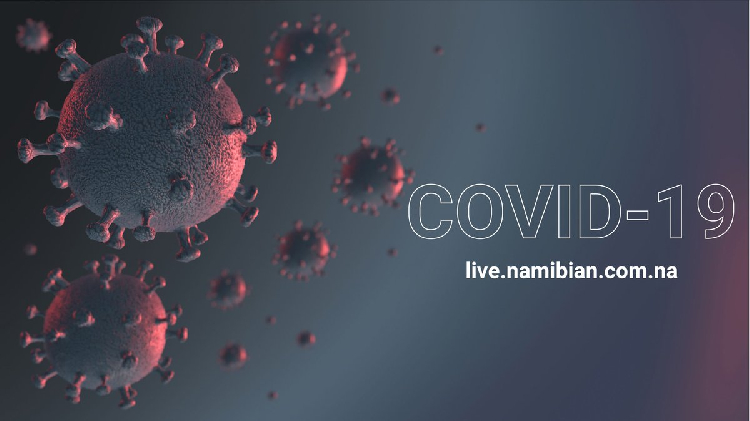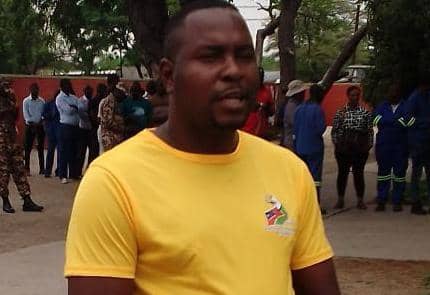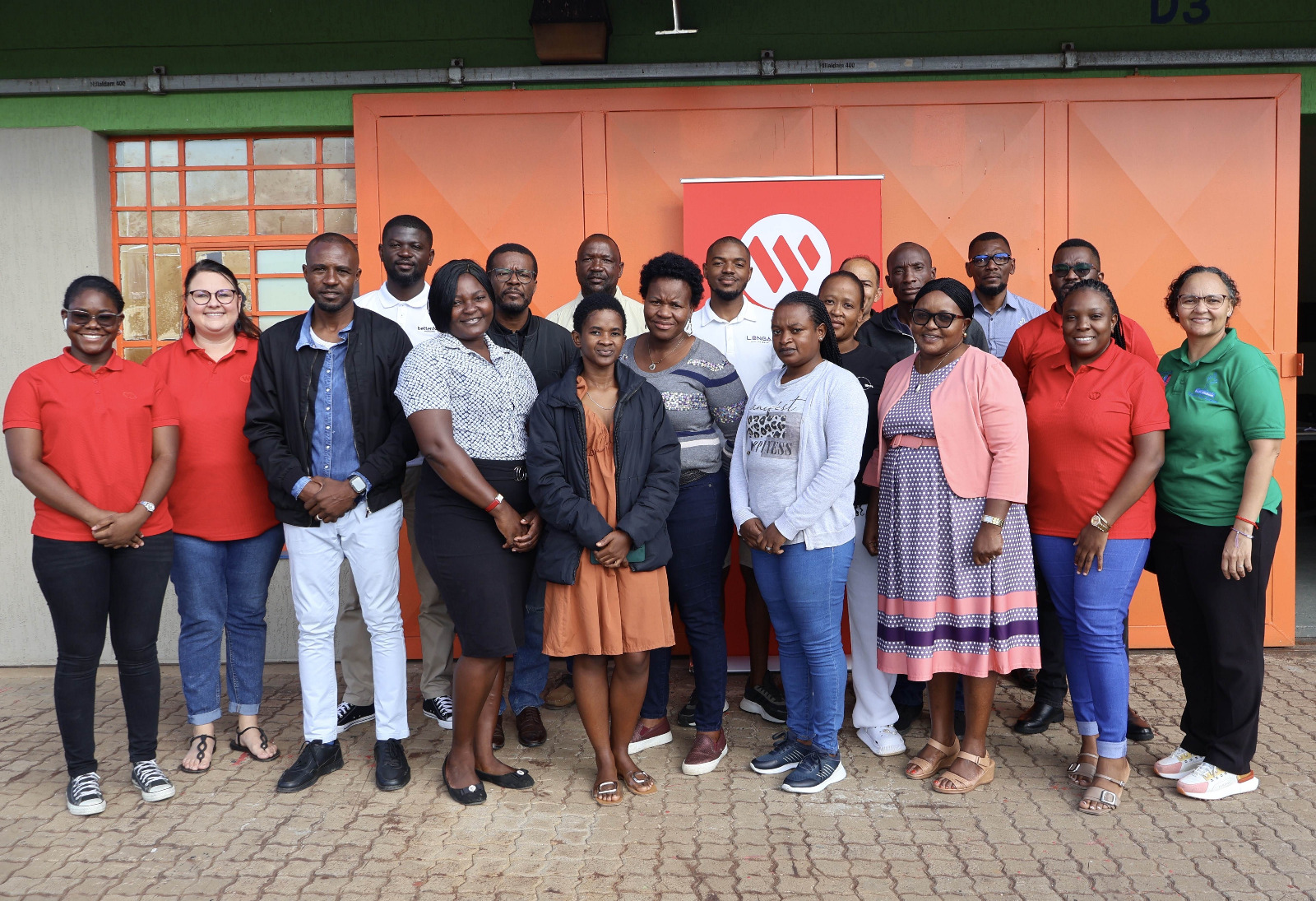WITH MORE THAN 160 people killed by Covid-19 in the first 12 days of June, it is not an academic debate about what more the government can do, especially the head of state, who has been conspicuously absent amid the worsening crisis.
It definitely is no longer acceptable that the massive responsibility has been left to the ministry of health and medical practitioners to tackle the monstrous coronavirus.
The health system (state and private) is cracking under the pressure of Covid-19, with about 400 people hospitalised and many more turned away because there are not enough doctors, nurses, assistants, beds and oxygen to treat the patients.
As scary for relatives and friends, as well as traumatic for healthcare workers themselves, decisions are now being made about who to leave to die and who to try and save.
It should not have come to this, looking at what’s been known for at least a year since Covid-19 began killing and making Namibians dangerously sick.
No doubt the public’s carefree behaviour accounts for much of the infections. Lately, the youth are being blamed for acquiring and spreading the virus to more vulnerable members of society.
We seem to have forgotten that at the height of the strictest of lockdowns it was the politicians who provided the worst example: Swapo leaders celebrated the party’s birthday with gay abandon, and all political parties sang and danced during election campaigns with hardly a message about masking, sanitising and keeping the required distance.
Now the same politicians and bureaucrats put the blame of poor behaviour squarely on “the public”.
Seemingly the essence of leadership is lost on the leaders themselves.
Many solutions have long been ventilated, including preparation for oxygen and the related machines.
Covid-19 is here to stay.
It is time the health ministry is left to attend to the specialised field it was established to do.
Preventive measures beyond that should be mobilised, including multisectoral activities that made the public understand HIV-AIDS reverberated beyond the clinical health of individuals.
As president Hage Geingob was scheduled to address the nation last night, we appeal to him and the government to take the public into confidence.
Lockdowns may work.
But we now know the benefits are short-lived and probably do not outweigh the costs.
We cannot agree more with former health minister Bernard Haufiku: “We shouldn’t keep looking back.”
We have failed so far.
But what’s done is done.
Let’s plan and do better, with the government taking the lead.
Stay informed with The Namibian – your source for credible journalism. Get in-depth reporting and opinions for
only N$85 a month. Invest in journalism, invest in democracy –
Subscribe Now!










